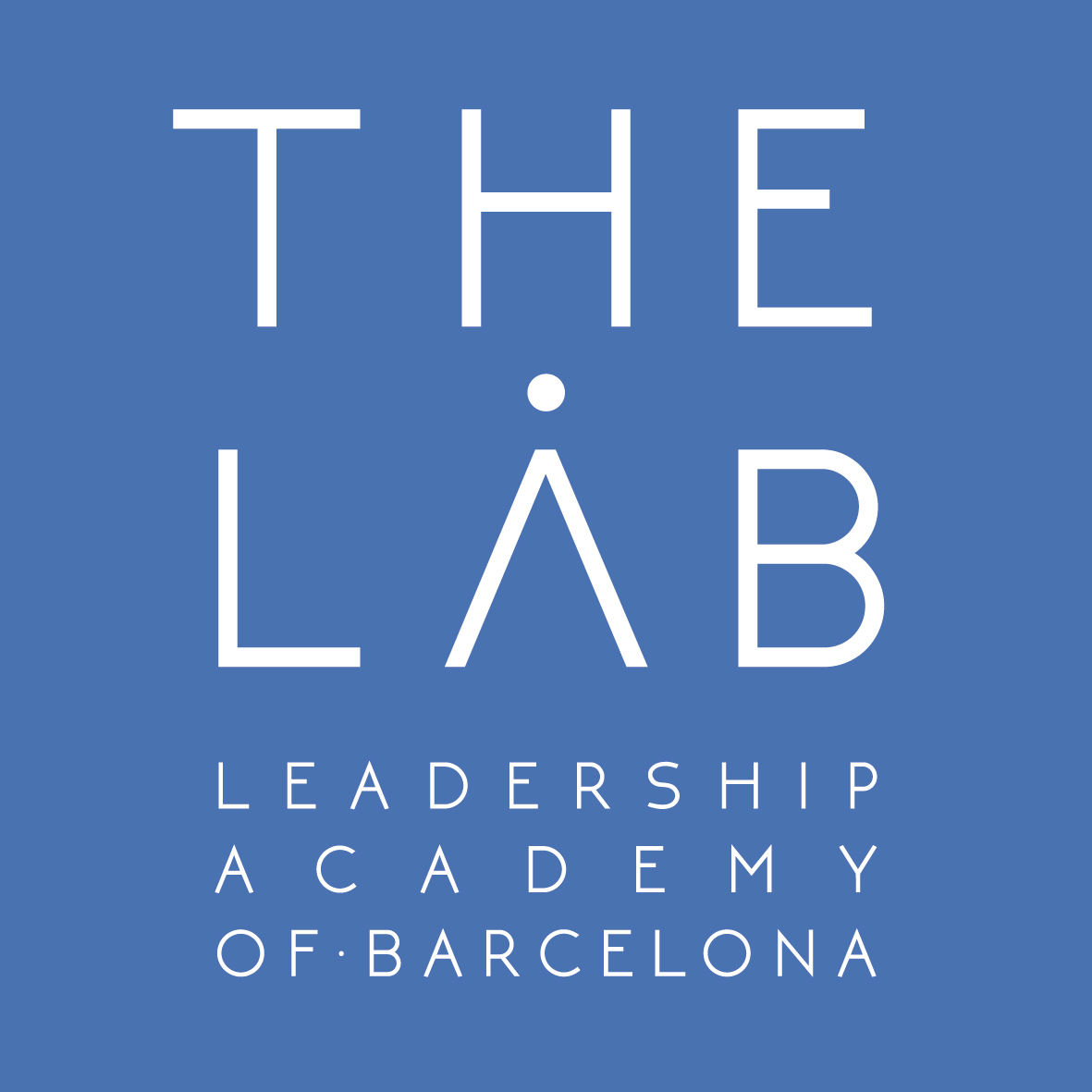After the Tales from Universitas series during the month of March we begin April's Monday morning posting with a return to the Sustaining Executive Performance (SEP) model, the 5 element model that formed the basis of my first forays into executive health teaching and the SEP book. This is the third post which introduces SEP, after previously looking at MOVE and RECOVER. Three factors came together in 2007 which led to the creation of SEP. First, I was inspired by the HBR Corporate Athlete article which convinced me I could use my sporting experience in my business career. I then found the excellent work by Michael and Juliette McGannon, principally at INSEAD, which showed me health could be a legitimate subject at a leading business school. The third factor was my environment at the time -- and the opportunity -- I was researching and teaching at IESE Business School...and the rest is history...
Here, we look at the third element, FOCUS, which combines much of the recent content on digital device usage with my own PhD research on virtual design teams. I'll use the same format for each of the five elements. A clip from the 2016 eLearning course followed by the Top 10 Takeaways, which are also the closing comments in the SEP Book chapter for that element. Delighted to receive feedback, either here, or on The LAB blog.
Top 10 Takeaways: FOCUS
- Ask yourself if you are addicted to your smartphone, or the online world in general.
- Recognize doing nothing, including boredom, as serving a valuable purpose.
- Reduce the ubiquity of the smartphone, for example, through using an old-fashioned alarm clock.
- Manage expectations on a professional level before unplugging.
- Create a positive culture in your team by creating and sharing a protocol on communication and technology use.
- Recognize multitasking as a myth and cultivate more focused time with distractions designed out.
- Again consider your rhythms, in terms of your workflow, through positive switching.
- Try mindfulness, even for short periods, recognizing that it begins with the body.
- Think about the quality of your decisions, when you normally make them, and take care when making decisions in the latter half of the day.
- Look for more simplicity in your work and life.

